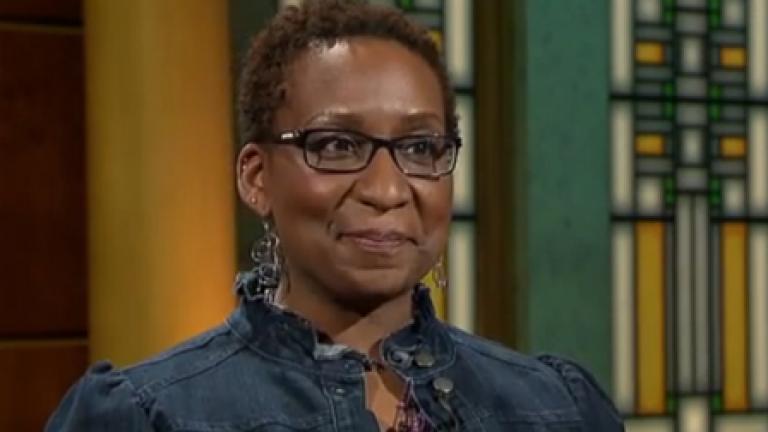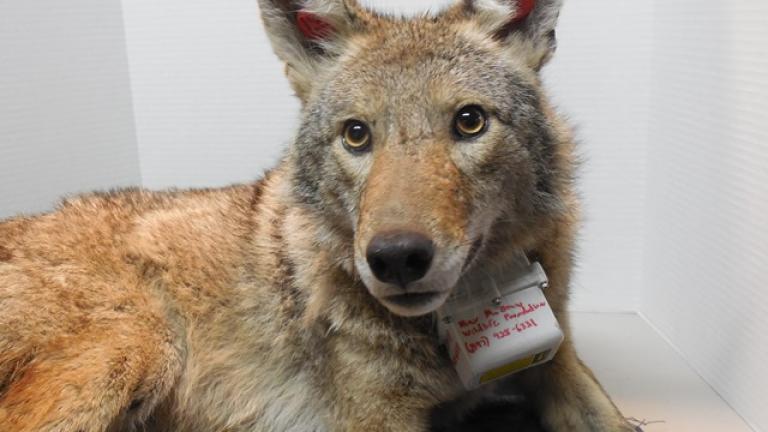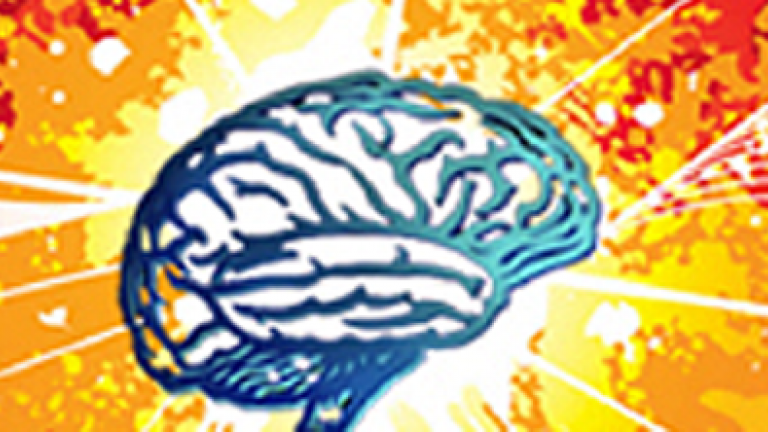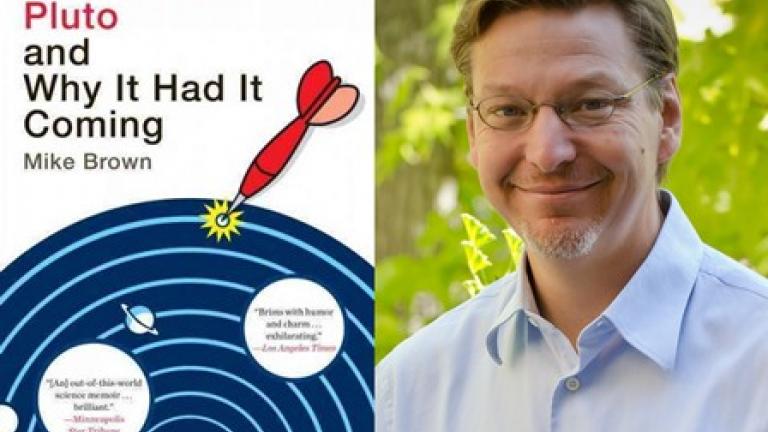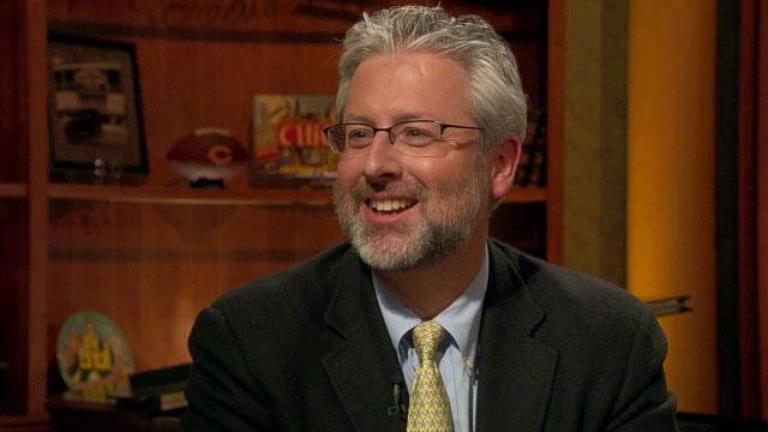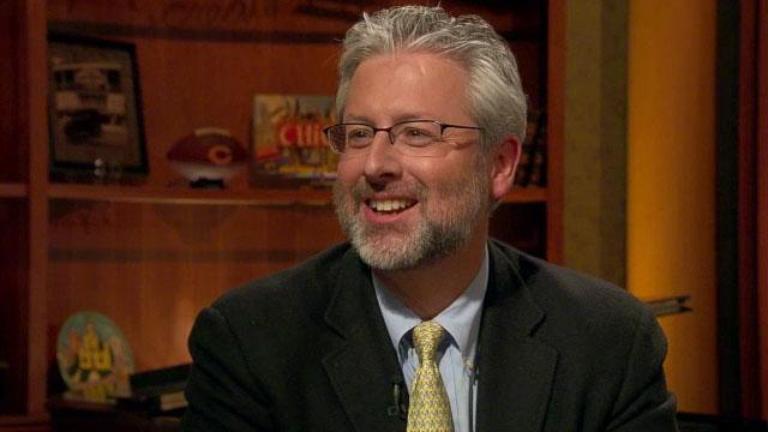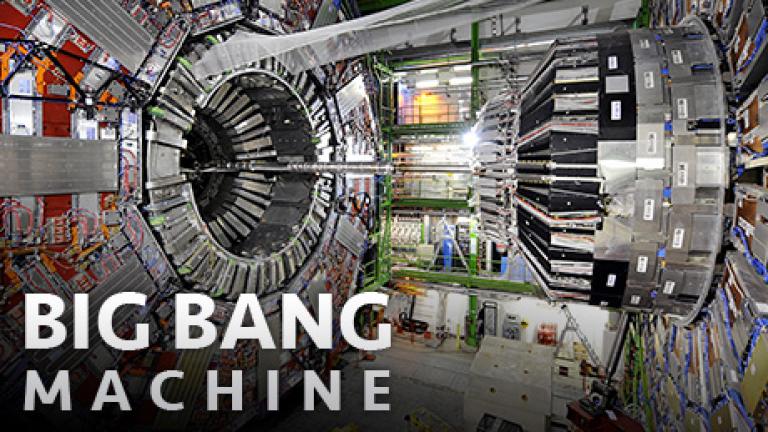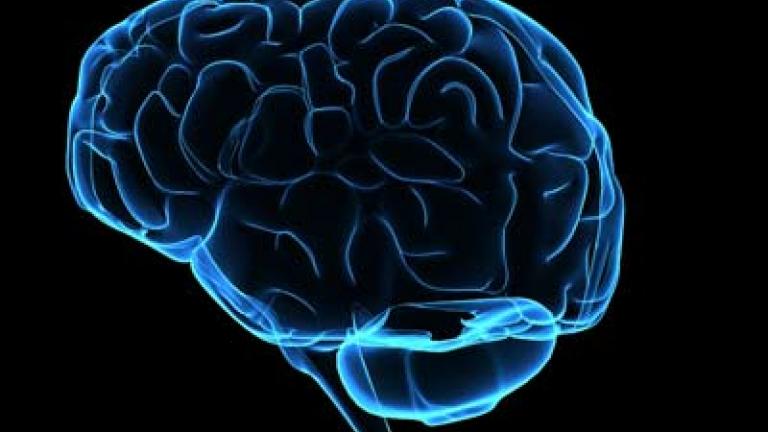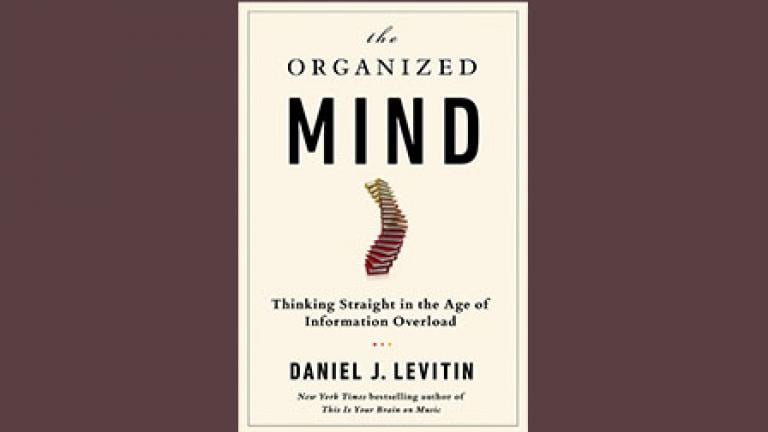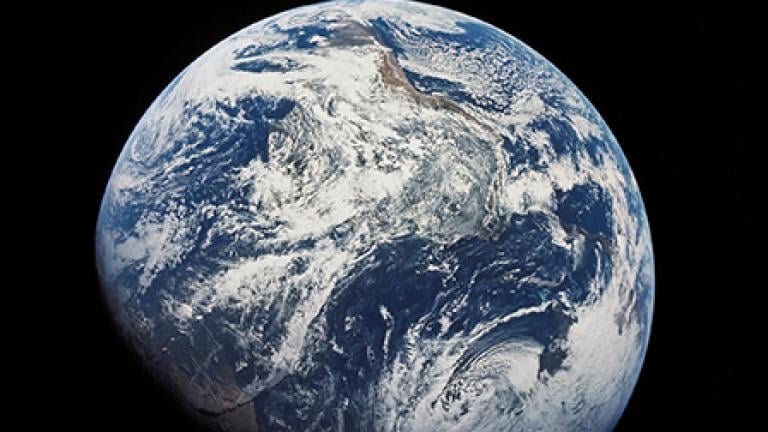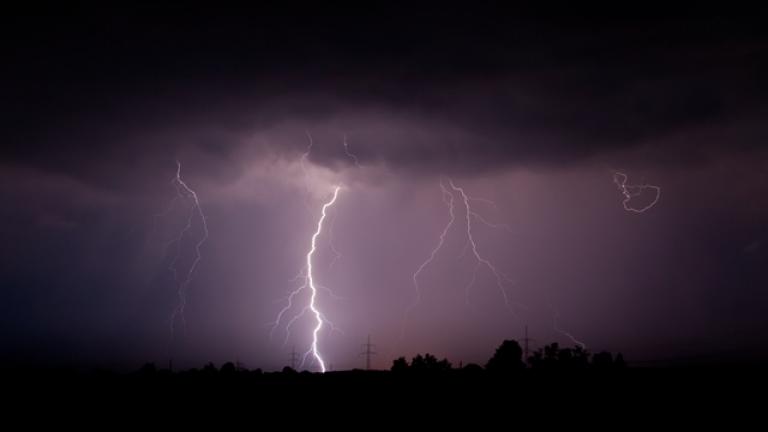The 25th anniversary of the Hubble telescope is this month, scientists find a potential breakthrough in our understanding of Alzheimer's disease, and the likelihood of finding life on Mars just went up. Rabiah Mayas, Director of Science and Integrated Strategies at the Museum of Science and Industry, rounds up the top local and international science news.
Scientific Chicago
Ohio State University biologist Stanley Gehrt has followed more than 800 coyotes in Chicago over the past 15 years using GPS tracker collars. Where they turn up might just surprise you. Gehrt joins us to discuss Chicago's thriving urban coyotes.
It's Brain Awareness Week -- a global campaign designed to highlight the importance of brain research. University of Chicago neuroscientist Peggy Mason is here to enlighten us all. Take a Brain Quiz!
Caltech Astrophysicist Mike Brown was one of the scientists who, in 2006, led the successful crusade to get the former planet Pluto downgraded to the status of dwarf planet. He joins us to discuss what he's found far, far away in our solar system.
Author Steve Levine had fly-on-the-wall access for two years to "the battery guys" at Argonne National Laboratory -- America's team in an international competition to build a battery that will change the world. Levine joins us to talk about his new book, The Powerhouse.
Dogs, Mini-Mammals, Crowd-Sourcing & the Planet's Inner Core
What can ancient dogs tell us about early human migration to the Americas? And how are scientists using earthquakes to scan our planet's inner core? University of Chicago paleontologist Neil Shubin joins us with a roundup of local science news.
It's said that with age comes wisdom, but unfortunately that wisdom is accompanied by a long list of possible age-related health issues. Local experts weigh in on how to maintain your health into your senior years.
Ocean Extinction, Conception Sparks, Brain Generosity & Epilepsy
Our science guy, Neil Shubin, talks about the latest science stories, including a study on the health of the world's oceans, why sparks really do fly at the moment of conception, and a new study finding that generosity can be "written" in the brain.
A NOVA special called Big Bang Machine about the Large Hadron Collider airs at 9:00 pm Wednesday on WTTW11. Don Lincoln, one of the top scientists from the documentary, joins us to discuss the role of Fermilab -- located just outside of Chicago -- in the experiments at CERN in Switzerland.
Rabiah Mayas of the Museum of Science and Industry talks about the future of commercial space travel and identifying food poisoning via Twitter on Chicago Tonight.
Intelligence has given humans an advantage over other forms of life. But could human intelligence soon be surpassed, and what would this mean for the human race?
We talk to a neuroscientist who's out with a new book to help us organize our minds.
From close encounters with a speeding comet to an intimate visit with mysterious Pluto, we examine the most fascinating stories from the final frontier.
A local professor has co-created a computer program that calculates age from a selfie. We talk about the development, process, and accuracy of the project FaceMyAge.
From invasive species to summer storms, there's a lot going on in the world of science. Museum of Science and Industry's Rabiah Mayas stops by for another Scientific Chicago.
Argonne scientist Marius Stan joins us to talk about his work and how, almost by accident, he came to have a recurring part in the hit TV series "Breaking Bad."

